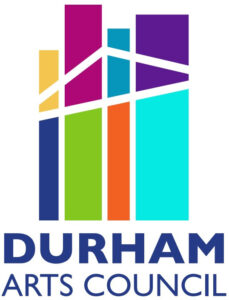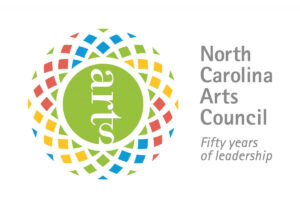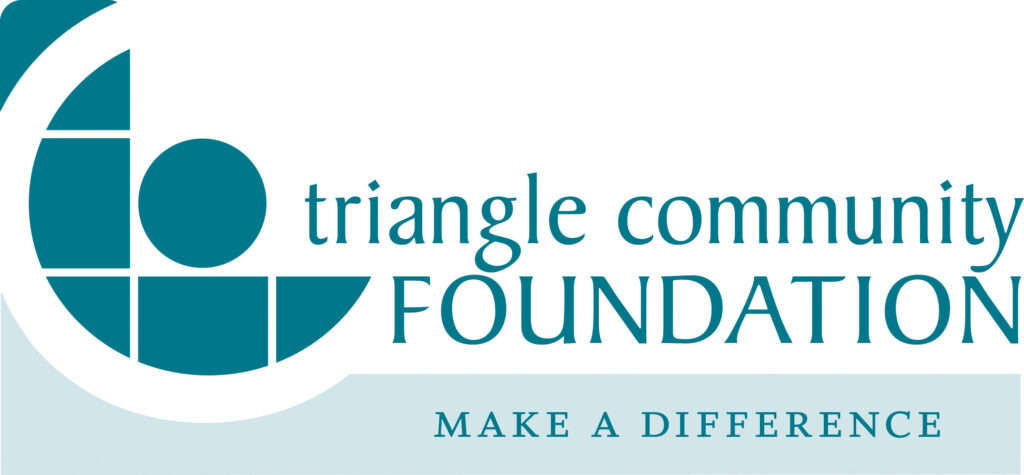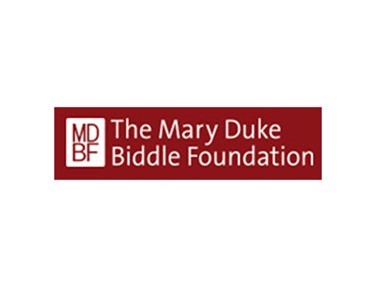Monday Musicale with the Maestro. In Remembrance: Honoring the Victims and Heroes of 9-11.
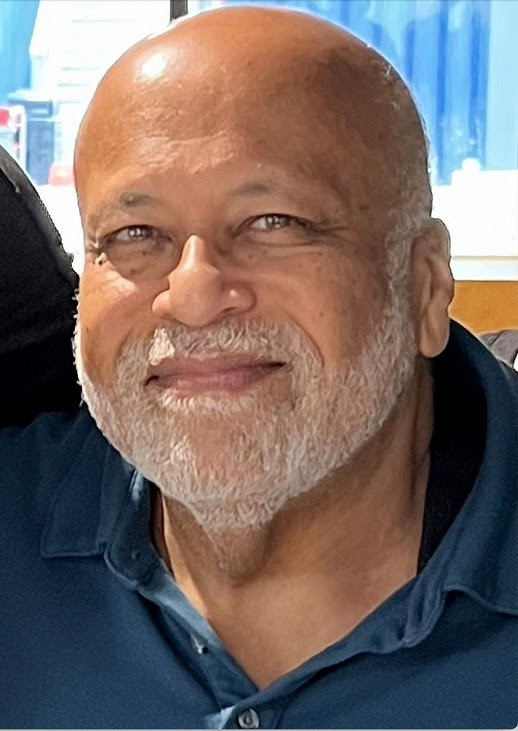
Monday Musicale with the Maestro
Dear Friends of the Durham Symphony Orchestra,
Monday Musicale with the Maestro. In Remembrance: Honoring the Victims and Heroes of 9-11.
As always, you can read the full text or catch up on all of the archived posts in the Conductor’s Corner!
This week marks the 21st anniversary of the American tragedy known as 9-11. Those of us who remember the agony of this day will never forget it. One of the things I remember most clearly about 9-11 and its immediate aftermath was how in the stores people were suddenly at ease striking up conversations with total strangers. It seemed that we were altogether, united in loving this country and each other and none of us were truly “strangers.”
After the Cold War ended, Americans were now deprived of the common enemy of the “Godless Communists”. This dark void was filled in the aftermath of 9-11 when many Americans became suspicious of and sometimes openly hostile to anyone of Middle Eastern descent. Some historians have predicted that the all-too human need to find a scapegoat to hate in order to feel better about oneself might lead to us eventually destroying each other. And now, in this hyper-polarized era, we sense what those students of history and human nature were talking about.
However, I take heart from some of our senior scholars of American history, such as conservative George Will and liberal Doris Kearns Goodwin, who urge us to remember that we have been through worse before in this country and came out intact.
My parents were members of the so-called “greatest generation.” They were born only 50 years after the end of slavery. With strength and faith, they endured the Spanish Flu, the Great Depression, World War 2, the revelation of the Holocaust, the grim predictions that humans might destroy this planet through nuclear war, and the social unrest of the 1960s that included riots in the streets over Civil Rights and the Vietnam War, and the assassination of two Kennedys and Martin Luther King.
I was born one month after the Supreme Court ruling known as Brown vs. Board of Education. The America I grew up in was at best an imperfect union. My ability to succeed was based on the love and sacrifice of my parents and the ability of this country, despite setbacks, to move ever closer to a more perfect union where ALL people could expect to be treated as EQUALS.
I never thought I would live to see an African American President. I never thought gay marriage would become a reality. Yet, these things and other progressive achievements, with the emphasis on the word PROGRESSIVE, HAVE come to pass. To that I say “God Bless America.”
We are happy to share with you today an encore presentation of our September 13, 2021 Monday Musical with Maestro:
Transmuting Tragedy:
Lance Hulme’s Threnody for the Victims of September 11, 2001.
Many artists in our modern era have created works reflecting on unfathomable tragedies. Among these are Pendericki’s Threnody for the Victims of Hiroshima and two works written in the aftermath of the cataclysmic day in 2001 now called “9-11”: John Adams’ On the Transmigration of Souls and the subject of today’s Musicale, Lance Hulme’s Threnody for the Victims of September 11, 2001.

Lance Hulme was born in Dubuque, Iowa in 1960 and grew up in Minneapolis, Minnesota. His father played several instruments, and Lance heard an eclectic mix of music in the home, including classical, jazz and folk music. Like me, Lance was lucky to have high school music teachers who recognized his enthusiasm for all kinds of music and gave him opportunities to stretch his talent. He played trombone in the school jazz band and timpani in the school orchestra, and at age 17 he began to compose and conduct his own music.
He received his undergraduate degree from the University of Minnesota. After graduating with a Bachelor of Music from the University of Minnesota, Lance received a Master of Music degree from Eastman and a DMA degree from Yale. He was given a Fulbright scholarship to study in Vienna. Lance has won many composition prizes, including the grand Prize at the International Witold Lutoslawki Competition. He is now Associate Professor of music at Durham’s North Carolina Central University.
When I became Music Director of the Durham Symphony Orchestra in 2009, one of my missions was to program the music of the wonderful array of composers living in this state. This included (among others) established figures such as Lance Hulme, Stephen Jaffe, Robert Ward, Steven Bryant, and Terry Mizesko. (See our Monday Musicale archive to sample a few of these performances!) And just as Professor Hulme and I were encouraged to compose by great music teachers, it’s been an honor to return that favor by nurturing some of the rising young composers in our state, including Oakley Lyon, Omar Ruiz-Lopez, and Noah Balamucki. The DSO has premiered a work by each of these budding composers, with great success.
Today I’d like to share with you our October 30th, 2011 NC premiere of Lance Hulme’s heartbreaking and eloquent Threnody for the Victims of September 11, 2001, written to commemorate the 10th anniversary of that day.
Lance’s music is tonal and melodic, which makes us kindred spirits as composers. I returned to composing in my mid 30s because I believed that pronouncements about the “death” of the traditional tonal system were premature at best. From 1950 to 1975, certain contemporary composers believed that to write a phrase recognizable as a traditional melody was anathema. This kind of thinking was also rife in academia and among music critics, but the dawn of minimalism and composers like Steve Reich, Phillip Glass, and John Adams ushered in a new era. And many, including me, welcomed this “freshening” new embrace of melody and tonality. I should add that I DO greatly admire many works written in the atonal and 12-tone systems. For instance “. . . explosante-fixe. . .” by Pierre Boulez and Alban Berg’s opera Lulu. But I have chosen the path of tonality for my own composing journey and empathize with Lance Hulme’s musical credo. “I am trying,” he says, “to write a melodic music that speaks to the heart.” And having grown up in a time where the intellectual construction of a work was considered to be “all,” he stresses the importance of “trusting the instinctual over analysis.”
Hulme’s Threnody is an excellent example of his warm, humane, and expressive music.
In an interview with Dr. Hulme, I asked him to explain some of the details of this work. “I was moved to write Threnody,” he explains,
when I saw the horrific sight of people falling from the world Trade Center towers. I could only feel pity for those doing the only thing left to do, and I wished peace and comfort for their loved ones. For a text, I chose verses from the Bible’s Revelations of Saint John. As a theologian’s son , I’m versed in the Bible, and the passages I chose speak directly to those who suffer innocently. In the face of a seemingly random and violent universe, it’s our nature to cry out, “Is there any reason or purpose for all the suffering?” The passage I chose from The Revelation of St. John (King James version) is the presentation of the martyrs before the throne of God:
“These are they which came out of great tribulation, and have washed their robes, and made them white in the blood of the Lamb. Therefore are they before the throne of God, and serve him day and night in his temple: and he that sitteth on the throne shall dwell among them. They shall hunger no more, neither thirst any more; neither shall the sun light on them, nor any heat. For the Lamb which is in the midst of the throne shall feed them, and shall lead them unto living fountains of waters: and God shall wipe away all tears from their eyes.” (7:14-17)
The scoring is for female voices and strings. In preparing to compose the piece, I first heard in my mind the words being sung by a feminine voice—much like a sybil [a female oracle or prophet] whose voice is both single and collective. It’s a sound of comfort, but also one of ecstatic vision. I chose the use of strings to accompany these ethereal words and visions, perhaps because the melody which pervades the music is so clearly a string melody. All together, I wanted to depict with this work comfort and hope: all the things promised to the martyrs in this passage—things which their senseless death requires as recompense. The work is dedicated to those who perished on 9-11, including the brave rescuers and firemen who lost their lives at these horrifying, apocalyptic scenes.

On October 30, 2011, I conducted the Durham Symphony Orchestra and the women’s voices from Rodney Wynkoop’s Choral Society of Durham in the North Carolina premiere of Lance Hulmes’ Threnody for the Victims of September 11, 2001. Here is a recording of that performance.
Threnody for the Victims of September 11, 2001
Lance Hulme
William Henry Curry, Conductor
Durham Symphony Orchestra
with Women’s Voices, Choral Society of Durham
The power of music to go beyond words has led me to believe there must be a Divine Spirit, an inspired Muse from the Beyond. I agree with the 19th century journalist and political activist, Giuseppe Mazzini, who wrote, “Music is the harmonious voice of creation; an echo of the invisible world.”1
When I look back over my 55-year obsession with all kinds of great music, I especially treasure those works of infinite significance and value that seem to grapple with life-and-death issues and attempt to evoke the reality and reward of a spiritual world beyond this one. For me, these are musical works that reflect aspects of human tragedy, our humanity, and our will to endure and heal. A short list of works portraying cosmic struggles where angels and devils collide would include Hindemith’s Symphony: Mathis der Maler, the ninth symphonies of Beethoven, Bruckner, and Mahler, and Lance Hulme’s Threnody.
Hulme’s Threnody is a haunting masterpiece that profoundly expresses the agony of loss, the tragedy of violence, and the need for faith in the midst of dark times. After such events as 9-11 or the death of a loved one, we are left stunned into silence, grasping for words eloquent enough to make sense of what has happened and what we are feeling while showing us how we might move on from such psychic pain. I think this is where Art plays a powerful role with its ability to express the inexpressible.
William Henry Curry
Music Director
Durham Symphony Orchestra
Comprehensive Editor (Text): Suzanne Bolt
Copy Editor & Digital Layout: Tina Biello & Marianne Ward
Recording Engineer: Max Wang
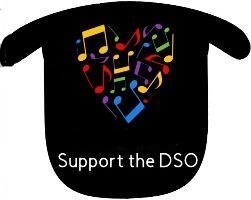
Thank you for being a important part of the Durham Symphony Orchestra family! We appreciate your support and vital impact on our community!
Funding is provided (in part) by the Durham Arts Council’s Annual Arts Fund, the N.C. Arts Council (a division of the Department of Natural and Cultural Resources), and grants from the Triangle Community Foundation, and The Mary Duke Biddle Foundation.
